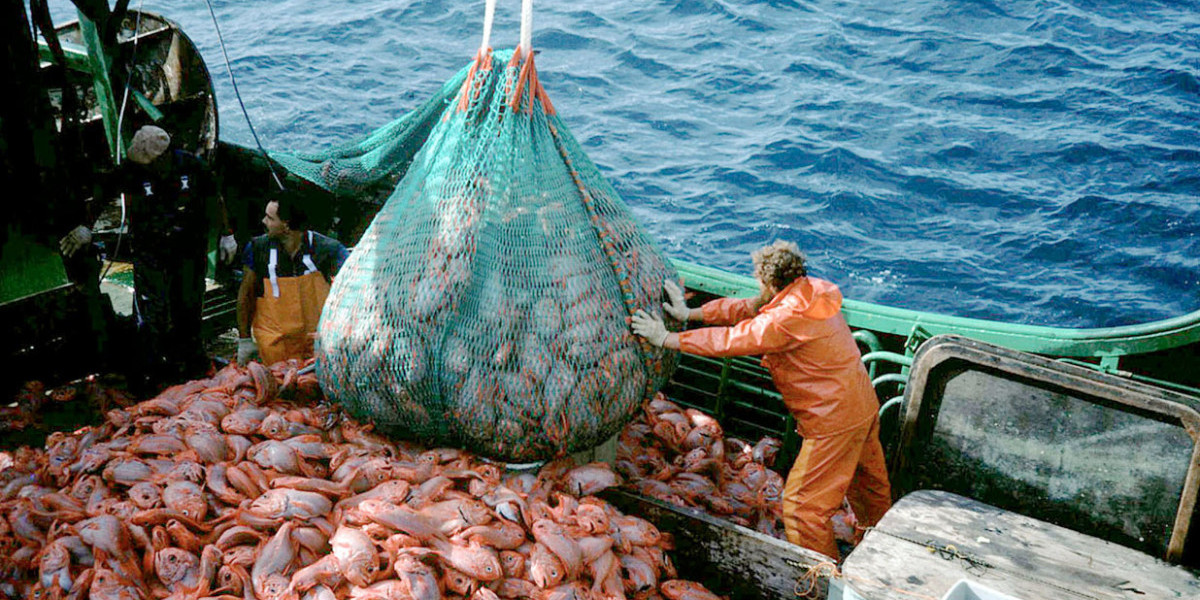In a world where oceans cover more than 70% of our planet, fisheries play a vital role in feeding billions of people, supporting economies, and preserving marine life. But with overfishing, pollution, and climate change threatening aquatic ecosystems, the way we manage our fish resources has never been more important. Sustainable Fisheries offer a solution that balances human needs with the health of our oceans. They focus on fishing practices that allow fish populations to thrive, protect marine biodiversity, and ensure seafood remains available for generations to come.
Organizations like Friend of The Sea are leading the charge in promoting these practices by certifying fisheries that meet strict sustainability standards. This approach not only benefits the environment but also helps communities that depend on fishing for their livelihood. Understanding why sustainable fisheries matter globally isn’t just a concern for scientists or environmentalists — it’s a shared responsibility. When done right, they provide fresh, healthy seafood without depleting the very ecosystems that produce it. The future of our oceans depends on making choices today that protect their abundance for tomorrow.
Understanding the Concept of Sustainable Fisheries
Sustainable fisheries are not just about catching fewer fish — they are about catching fish responsibly. This means fishing in a way that does not compromise the ability of fish populations to replenish naturally. Scientists, policymakers, and environmental organizations collaborate to set catch limits, monitor species health, and establish protected areas.
The idea is rooted in maintaining the balance between human consumption and marine ecosystem health. Overfishing can cause certain species to collapse, leading to ripple effects across the entire food chain. Sustainable fisheries ensure that fishing activities respect natural reproduction cycles, habitat preservation, and biodiversity protection.
For example, selective fishing gear helps reduce bycatch (the unintentional capture of non-target species), while seasonal fishing bans allow populations to recover during breeding periods. This holistic approach ensures that both large-scale commercial fisheries and small artisanal fishing communities can operate without harming long-term ocean health. By supporting sustainable fisheries, consumers contribute directly to healthier oceans and more resilient marine life.
Why Sustainable Fisheries Are Crucial for the Global Food Supply
Fish is one of the most traded food commodities in the world and a key protein source for billions of people. Without sustainable management, this supply could diminish rapidly. Overfishing not only threatens species survival but also the livelihoods of those who depend on fishing industries.
By adhering to sustainable fishing guidelines, we can maintain steady seafood supplies without exhausting marine resources. It ensures that future generations will still enjoy nutritious fish while maintaining economic stability for fishing communities worldwide. This balance is essential for food security — especially in developing nations where fish is a dietary staple.
Environmental Benefits of Sustainable Fisheries
Sustainable fishing practices have far-reaching environmental benefits. They help maintain biodiversity by protecting vulnerable species, preserving coral reefs, and preventing the collapse of fish populations.
Healthy marine ecosystems are better equipped to withstand challenges like climate change and ocean acidification. Sustainable fisheries also minimize habitat destruction by using eco-friendly fishing techniques and respecting marine protected areas. This ensures that the ocean remains a thriving, life-supporting environment for countless species.
Economic and Community Impact
Sustainable fisheries are not just good for the planet — they’re good for people too. Communities that adopt responsible fishing practices enjoy more stable incomes, better market access, and long-term employment opportunities.
Through certification programs like those from Friend of The Sea, fishers can market their products as sustainably sourced, attracting conscious consumers who are willing to pay a premium for ethical seafood. This creates a cycle where better environmental practices lead to stronger economies and healthier communities.
How Consumers Can Support Sustainable Fisheries
Supporting sustainable fisheries starts with making informed choices. Look for eco-labels and certifications that indicate responsible fishing practices. Choosing certified seafood means you’re directly contributing to the protection of marine ecosystems.
Consumers can also support organizations, spread awareness, and advocate for stronger fishing regulations. Even small changes in buying habits can make a big difference when multiplied across millions of households.
The Global Call to Action
Sustainable fisheries represent a shared commitment to our oceans. Governments, organizations, and individuals all have a role to play in ensuring that fishing practices respect nature’s limits. By embracing sustainability, we protect food security, marine biodiversity, and the livelihoods of millions.
As the oceans face unprecedented challenges, the choices we make today will determine their future. Supporting sustainable fisheries is one of the most direct and impactful ways to ensure our seas remain healthy, productive, and beautiful for generations to come.








